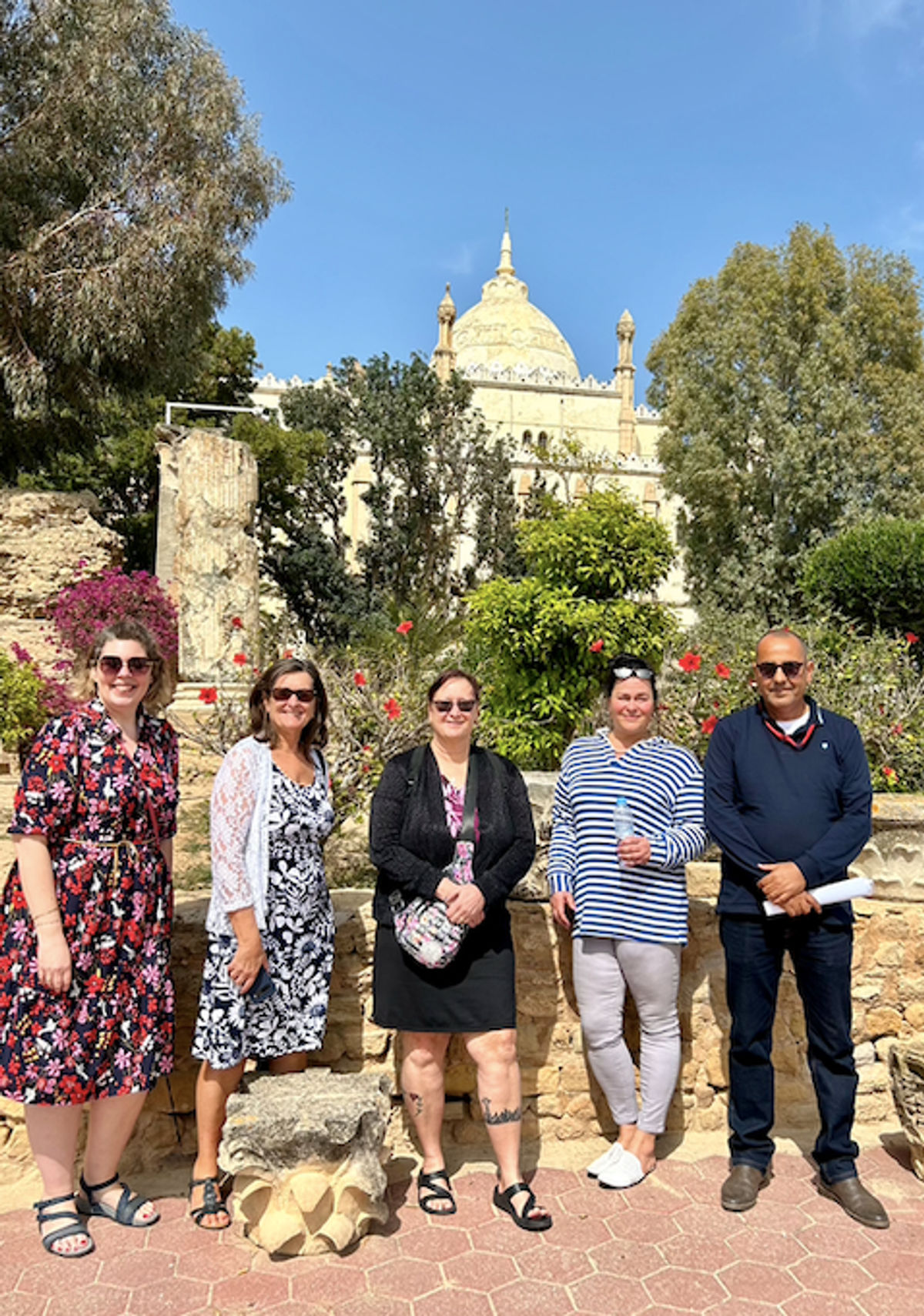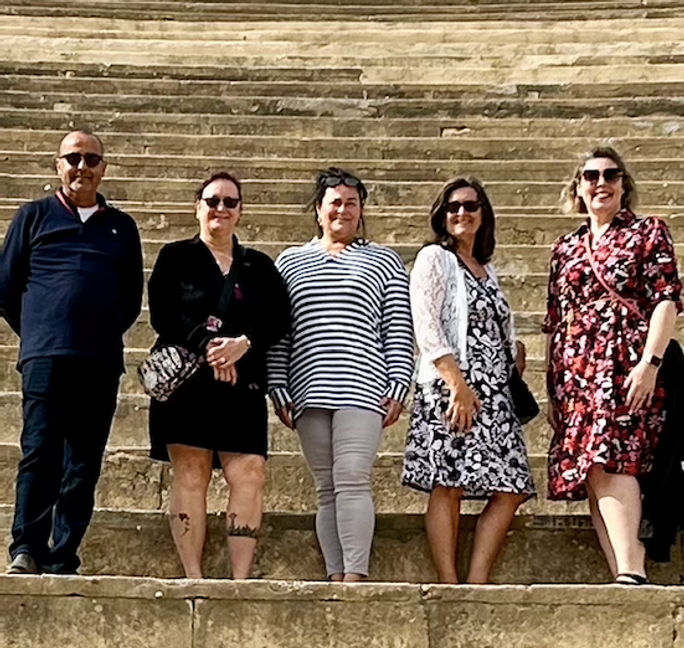


Travelling to an Arab country is something I always wanted to do. Experiencing a country and culture that is very different from your own, is, in my opinion, travel’s biggest purpose.
But just ask any woman who has travelled to a foreign country, and they will tell you the same concerns we have walking in our own country are amplified in a foreign one.
As a woman, the thought of travelling in an Arab country was a bit nerve-wracking: Would I be safe? Would I be judged by my clothing? Would I stand out and be a target for thieves?
That’s why I jumped at the chance to visit Tunisia with 5 Continents when TravelPulse Canada was invited to experience a condensed version of its Tunisia Tour. I was given an opportunity explore an Arab country in the comfort and safety provided by an established and knowledgeable tour company.
Geographically, Tunisia borders Libya to the west and Algeria to the east, with the Mediterranean Sea to the north. It is Africa’s most northern point and the country’s southern region reaches down to the Sahara. The official language is Arabic, though most residents also speak French as Tunisia was a colonial protectorate from 1881 until it gained independence in 1956.
The country’s roots are Arabic, but its day-to-day life differs from many other Arab countries. It’s often described as a “modern Arab country” after the first democratically elected President Habib Bourguiba gave women full rights to work, own businesses and have bank accounts and passports without a man’s permission. Bourguiba, who died in 2000, is highly respected amongst the locals we’ve spoken with, heralded for his commitment to advancing rights for all Tunisians and for being integral to its independence.
Nearly 50% of the Tunisian parliament is comprised of women, and Najla Bouden was the first female Prime Minister in the entire Arab world from 2021 to 2023. The country is also the first in the Arab world to ban polygamy and marriages of minors under the age of 18.
From a female traveller perspective, Tunisia could be described as an ideal place to experience the “good parts” of Arab culture — the history, the vast and varied landscape, the food and drink and of course, the warmth of its people.
Marsha Mowers and 5Continents’ Claudia Tourigny (Photo Credit: Marsha Mowers)
It’s only been a few days, but already I’ve been greeted with a smile and a “bonjour” walking around the towns we’ve visited, a child even engaged me with a “Comment ça va?” in the non-tourist town of Bizerte. Children are everywhere, playing with friends, laughing, and singing without a care in the world while their parents sit nearby enjoying the specialty teas and coffees of local cafes.
There are some military guards, particularly on the main roads heading for the Algeria and Libya borders, but to be honest, I’ve seen more walking around New York City or at CDG. I am careful to be aware of my surroundings, but that’s also nothing new whether I’m at home in Toronto or travelling.
Tunisia also has a strong streak of tolerance. While the vast majority of its population of around 12 million (more than 99%) identify as Muslim, the country’s constitution provides for freedom of religion, belief and the freedom to practice the rites of one’s religion.
As our guide Mohammad explained, Tunisians don’t hold any judgement towards one another. Asking someone about their religion is taboo and highly offensive. Mosques are open only during prayer times to keep religion practical instead of as a community.

Our FAM group (Photo Credit: Marsha Mowers)
The country could very well be one of the only places in the world where religions can exist in harmony and beliefs do not divide each other. In fact, we’d all be wise to learn a thing or two from Tunisia.
Stay tuned with TravelPulse Canada this week as we discover everything this beautiful country has to offer.